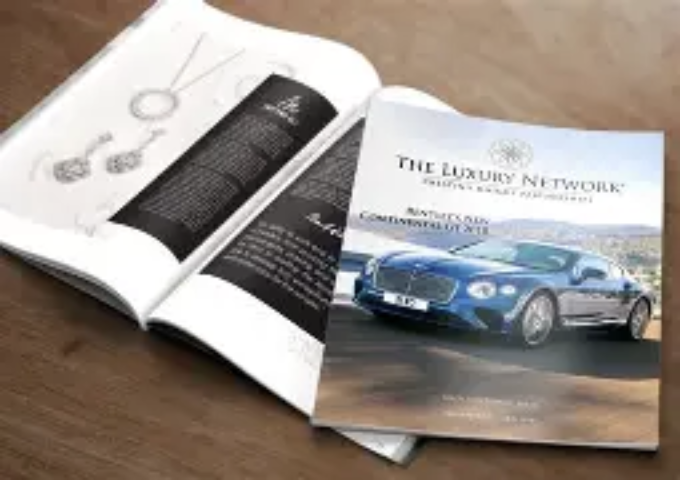For individuals with significant wealth, monthly financial planning is not focused on limiting expenditures—it centers on managing assets to support individual lifestyles and aspirations. Wealthy lifestyles involve specific costs, including elite club memberships and high-end travel, making a universal budget impractical. The objective is to develop a flexible strategy that maintains financial freedom while ensuring that spending remains responsible and intentional.
Organize by “Value Contributors,” Not Merely Expenses
Eliminate broad categories such as “food” or “entertainment.” Instead, classify expenditures according to value contributors: “Professional Development” (client meals, conferences), “Quality of Life” (travel, art acquisitions), “Heritage Development” (charitable giving, contributions to family trusts). This approach enables you to identify which segments advance your goals—such as $20,000 on professional networking potentially resulting in $200,000 in new revenue, making it a justified expenditure. It transforms budgeting into a tool for aligning value rather than a mere exercise in cutting costs.
Establish “Flexible Spending Limits” for Luxuries
Budgets focused on high consumption require flexible spending limits rather than strict caps. Designate 30 to 40 percent of your monthly earnings for discretionary luxury spending, connecting portions to specific achievements: for example, “10 percent of the luxury budget becomes available if quarterly investment returns meet expectations.” This creates a balance between enjoyment and accountability—you can treat yourself to an unexpected yacht excursion, provided it falls within the adaptable budget. It eliminates the remorse associated with “unplanned” luxury while managing expenses effectively.

Pre-Budget for “Essential Experiences”
Wealthy budgets frequently neglect the pre-funding of experiences. Establish a specific monthly allocation for seasonal or bi-annual events: renting a summer villa in southern France, a family ski holiday, or securing a table at a charitable gala. By contributing $5,000 to $10,000 monthly to this fund, you can avoid making hasty withdrawals from investments when such opportunities appear. It transforms significant experiences into manageable, stress-free expenditures rather than unforeseen financial burdens.
Wealthy individuals frequently gather luxury subscriptions that may go underused: unutilized private jet memberships, neglected wine clubs, or inactive hotel loyalty accounts. Review these ongoing expenses monthly—if a $3,000 yacht club membership averages only 1 to 2 visits, consider renegotiating or putting it on hold. Reallocate those funds to subscriptions that are beneficial, such as an art delivery service or a high-end travel planning service. This approach reduces waste while preserving the luxuries you genuinely appreciate.

Create a “Potential Opportunity” Fund
Incorporate a 10 percent potential opportunity reserve into your monthly budget. This fund is designated for unforeseen, high-value prospects: acquiring a limited-edition watch, attending an impromptu business acquisition meeting, or bidding on items at charity auctions. Having this reserve allows for quick action without disrupting other budget categories. It transforms “unplanned” expenditures into deliberate opportunities, ensuring your finances remain dynamic and focused on growth.

Monthly budgeting for the wealthy is about maintaining control without excessive limitations. By organizing by value, utilizing flexible spending limits, pre-funding experiences, emphasizing reinvestment, reviewing subscriptions, and creating an opportunity fund, you cultivate a budget that enhances your lifestyle instead of hindering it. This distinction separates disordered wealth from a streamlined financial existence that nurtures both current fulfillment and future prosperity.





